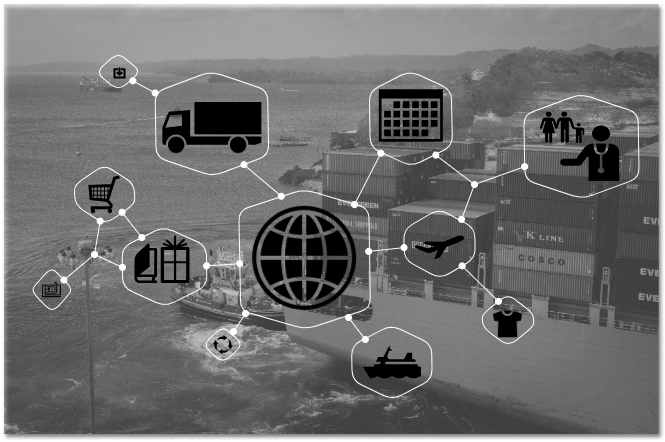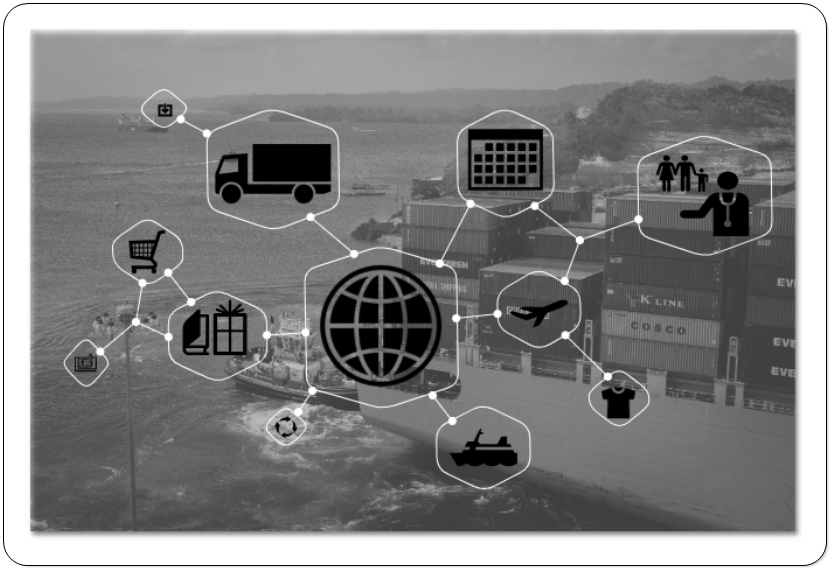ROLE OF AI IN SUPPLY CHAIN
Since traditional approaches are unable to keep up with the globalized and complicated economic landscape, efficient supply chain management is essential. Due to growing complexity, labor stoppages, and transit delays, global supply chains are encountering serious difficulties. The game-changing technology known as artificial intelligence (AI) is revolutionizing the way supply chains are managed by companies.
Supply chain planners are using artificial intelligence, a cutting-edge technology, to address these inefficiencies and improve the resilience and efficiency of these networks. In a more globalized future, this technology has enormous potential to improve supply chains and help firms meet new difficulties.
What is AI in the supply chain?
Businesses are using artificial intelligence (AI) in increasing numbers to manage and optimize supply chain tasks including tracking product quality, maintaining inventory levels, and figuring out the most fuel-efficient transportation methods. When it comes to jobs like reading spoken and written language, analyzing video feeds, forecasting future market behavior, making difficult judgements, and uncovering hidden insights from massive data sets, artificial intelligence (AI), especially machine learning (ML), can perform better than traditional software. These features are shown to be highly helpful in controlling and streamlining processes in practically every link in the supply chain.

Artificial intelligence (AI) systems have the ability to find patterns and correlations in data sets that are frequently invisible to people or other AI systems. This can result in more precise consumer demand forecasts and more cost-effective inventory management. AI is also capable of analyzing weather and traffic data to suggest other shipping routes, which may minimize unscheduled delays and speed up delivery times. AI may also monitor workstations to identify ineffective quality control practices as well as infractions of health and safety regulations.
Supply chain management benefits greatly from artificial intelligence’s ability to analyze massive information and make precise forecasts. Predictive analytics outperform human-driven systems by helping firms optimize inventory levels, lower the risk of overstock or stock outs, minimize waste, and guarantee product availability when needed.
Typical use of artificial intelligence (AI) by manufacturers to improve and modernize supply chain strategies are given below:
Machine Learning-Enhanced Decision-Making
A form of artificial intelligence called machine learning (ML) uses past data analysis to spot patterns and trends, which enables supply chain systems to adjust to changing conditions. This supports companies in making well-informed decisions that support their objectives, choosing economical suppliers or streamlining transportation routes.
Optimizing supply chain
Supply chain operations are optimized for optimal efficiency by AI-driven optimization algorithms, which analyze enormous datasets to find time- and money-efficient solutions. This improves overall efficiency by lowering costs and fostering a more ecologically friendly and sustainable supply chain.
Reliable maintenance
Artificial Intelligence (AI) is a key component of predictive maintenance, which helps companies maximize the efficiency of their machinery and equipment. Artificial intelligence (AI) systems can anticipate equipment failure and plan preventive maintenance by evaluating sensor data and previous maintenance records. This reduces downtime and increases asset longevity, which lowers long-term costs.
Insight and Monitoring During Real-Time
Artificial intelligence (AI)-powered systems improve transparency by giving real-time insight throughout the whole supply chain, from the procurement of raw materials to the final consumer’s consumption. Better cargo monitoring, bottleneck detection, and quick reaction to interruptions are made possible by this, allowing firms to proactively manage problems and uphold a more flexible supply chain.
Quality assurance
Artificial intelligence (AI)-driven systems may identify product flaws using computer vision or machine learning, guaranteeing top-notch delivery, cutting down on returns, replacements, and refunds, and raising customer happiness.
Managing risks in the supply chain
Artificial Intelligence (AI) is a formidable instrument for risk management, examining several factors to detect possible hazards to the supply chain. Businesses may apply mitigation methods and create a more resilient supply chain by implementing preventive actions that it can prescribe based on the effect of geopolitical turmoil, natural catastrophes, or economic volatility.
Automating Storage Facility and Robots
Sorting, packaging, and autonomous material transportation are just a few of the productive activities that AI and robots are making possible in storage facilities. This technology can do activities that would be riskier for human operators while also increasing process speed, lowering mistake rates, and improving order fulfillment accuracy. Additionally, it can improve warehouse efficiency, boost throughput, and assist firms deal with the labor problem.
Supply chain management is changing as a result of artificial intelligence, which also makes it simpler for companies to increase productivity and save costs. As time goes on, integrating AI will become essential for businesses hoping to succeed in the fast-paced environment of contemporary supply chains, rather than merely a tactical advantage.
